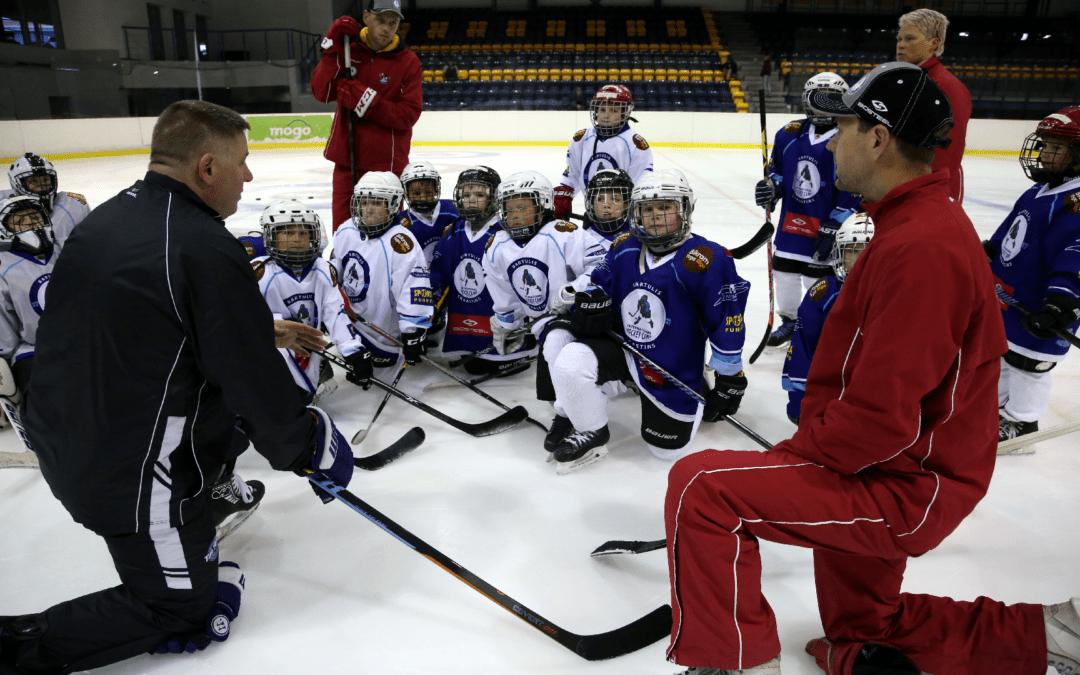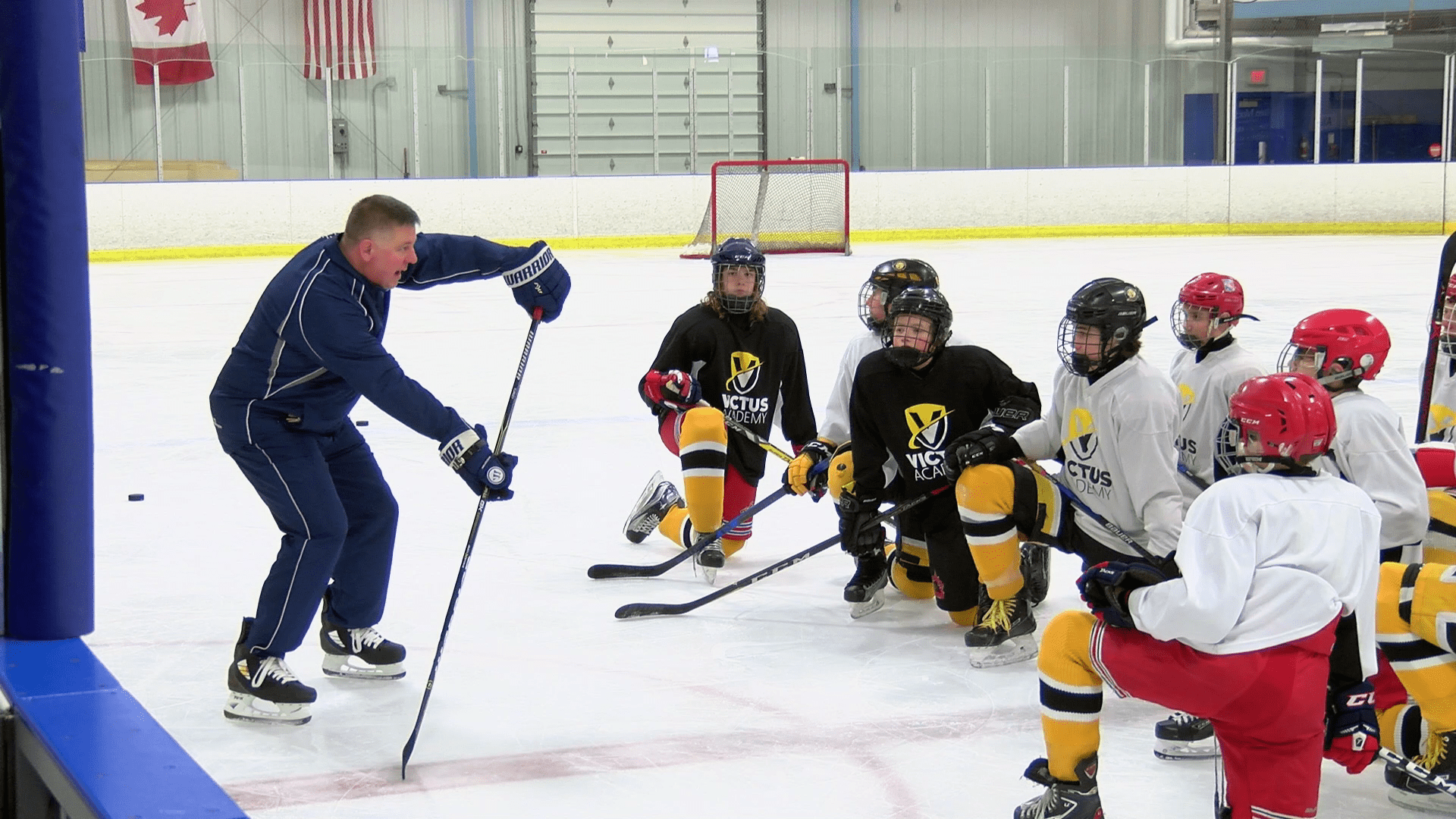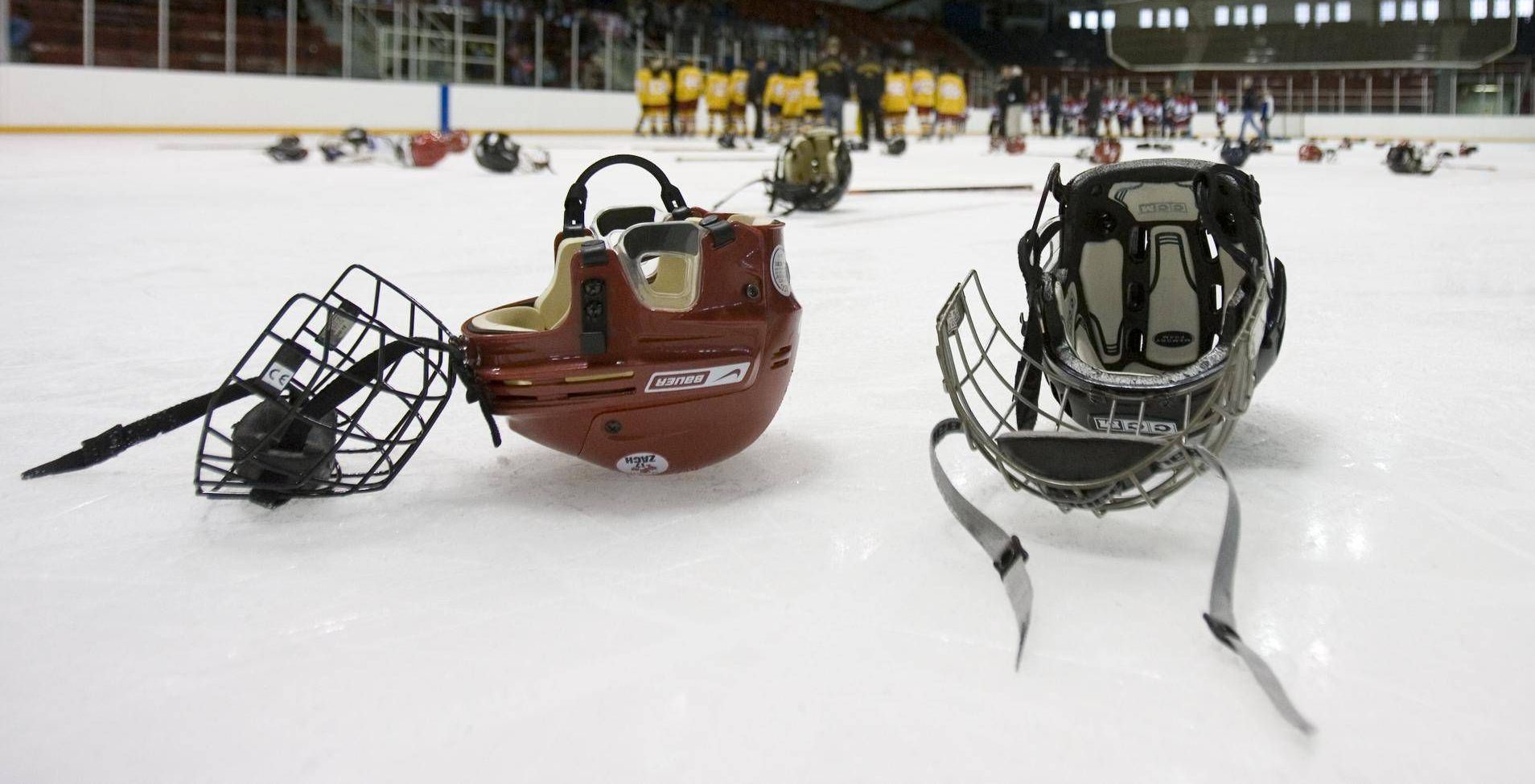Anyone who has ever been to or even watched a professional hockey game on television has some idea of how difficult coaching hockey is. The coach is responsible for managing the actions of many players and developing their skills and teamwork, all while competing against other coaches and their teams. They need to come up with effective drills and meticulously watch each of their players to be able to deliver effective feedback on how they are playing.
This is very similar to coaching minor hockey, despite the players being a bit younger. True, coaches of minor hockey teams don’t have the pressure of being in the public eye and millions of fans counting on the success of their team, but it is still a tough position. Coaching minor hockey requires a lot of time and effort, and it can be crushing when all that effort results in a loss for your team. However, it can also be extremely rewarding when your effort results in a win, and you notice the skills of your players improving.
Whether you’re the current coach of a minor hockey team or are thinking of becoming one, you should know that the position comes with tremendous sacrifices, but also tremendous benefits. Below are a few of the most common pros and cons that come with being the coach of a minor hockey team.
Pros
1. Pride in improving the lives of kids
The main reason why people get into coaching in general is to make a difference in the lives of their players. As a minor hockey coach, you will feel great pride throughout your season in knowing you are helping your team have a fun experience and become better hockey players as well as better people. It’s that pride that often carries coaches through the rough times as well. You’ll feel it every time a parent thanks you for the difference you’ve made in their child’s life. Or, when you witness the happiness on a player’s face when they realize they’ve gotten better using the skills you’ve taught them. It’s moments like those which make coaches thankful for their jobs.
2. You’ll become a better person too
Ironically, while your role as a coach is to develop your players’ skills and character, you’ll do the same for yourself. As you get more experience coaching, you’ll find you’ll become better at public speaking, teaching, planning, multitasking, compassion, and a whole bunch of other skills. While a lot of coaches take the position for the satisfaction of developing their players, another big benefit of coaching minor hockey is the personal development that comes along with it.
Cons
1. You need to deal with parents with opinions
Everyone has an opinion on everything. Even worse, many parents of kids on a minor hockey team will often think they know more about hockey than the coach. One of the most frustrating things as a minor hockey coach is dealing with parents arguing with you: not giving their child enough ice time, teaching them “ineffective” or “useless” drills, not focusing on their child enough, etc. To combat this, you need to have a fantastic ability to let things go in one ear and out the other. Of course, this doesn’t mean ignoring everything parents are saying; a lot of times they have legitimate concerns. Just be selective.
2. It takes a lot of time and effort
There are a lot of hours throughout the week that need to be dedicated to coaching a minor hockey team. First, you need to host a weekly practice and attend your team’s games. Then, there’s the time spent planning your practices as well as how to distribute ice time and positions at the games. Finally, you also need to dedicate time and effort to planning (or, at least, helping to plan) extra activities for your hockey team, like fundraisers and travel tournaments.
This time commitment is in addition to anything else you have going on during the week, like working a full or part-time job, volunteering, etc. So, if you want to get into minor hockey coaching, make sure you’re ready to give up the necessary amount of time, or else you risk being very stressed or doing a poor job.
3. You need to constantly keep your emotions in check
After you’ve finished spending your time and energy creating drills, planning practices, and coaching your players, it’s time to watch your team perform during their games. Sure, you might go into the games thinking: I’ll just coach them along, and so long as they demonstrate the skills I’ve taught them, I’ll be happy. However, you’d be very wrong.
You’ll get frustrated when you see any of your players not utilizing the skills they learned in practice. You’ll feel like shouting at the ref for making poor calls against your team. And, most prominently, you’ll want your players to destroy the other team. Being a successful hockey coach involves keeping your emotions in check and reminding yourself that the minor hockey experience shouldn’t be about winning for you, or your team. It should be about turning your team into better hockey players, and everyone having fun in the process. Well, it should be about that, but everyone enjoys winning, at least a little.
The main point to remember is that so long as you are willing and able to face the cons listed above, then coaching a minor hockey team will be a very rewarding position. The pride you’ll get in improving your players as well as yourself is invaluable. That is, if you can keep from ripping your own hair out in the process!
– Tim Turk Hockey







